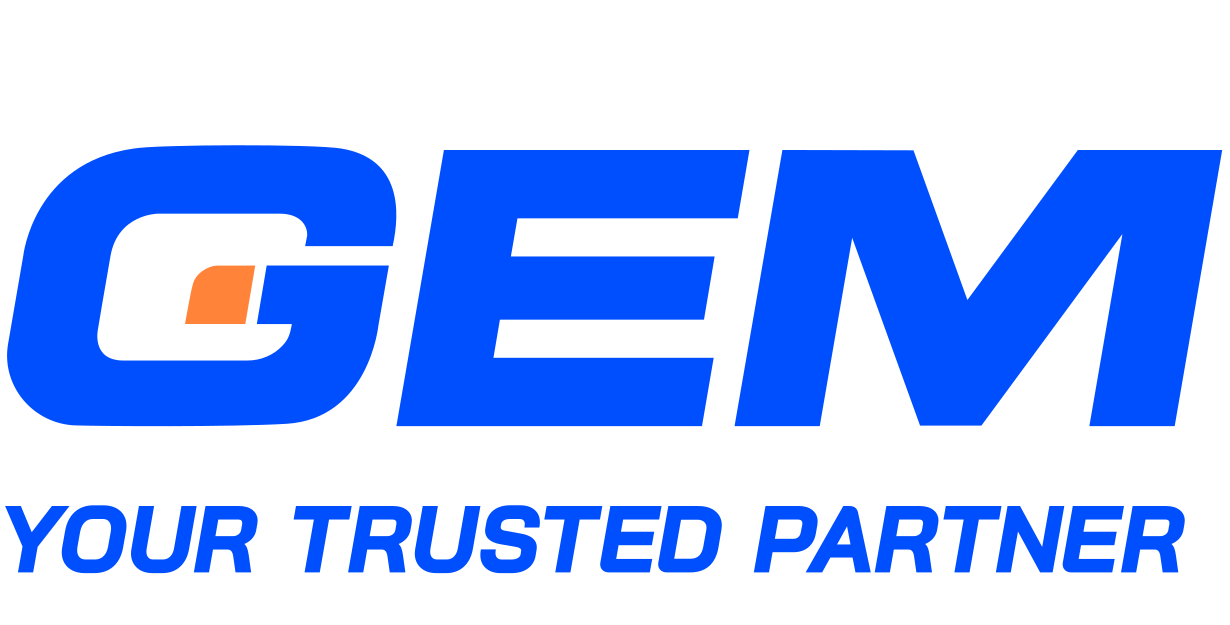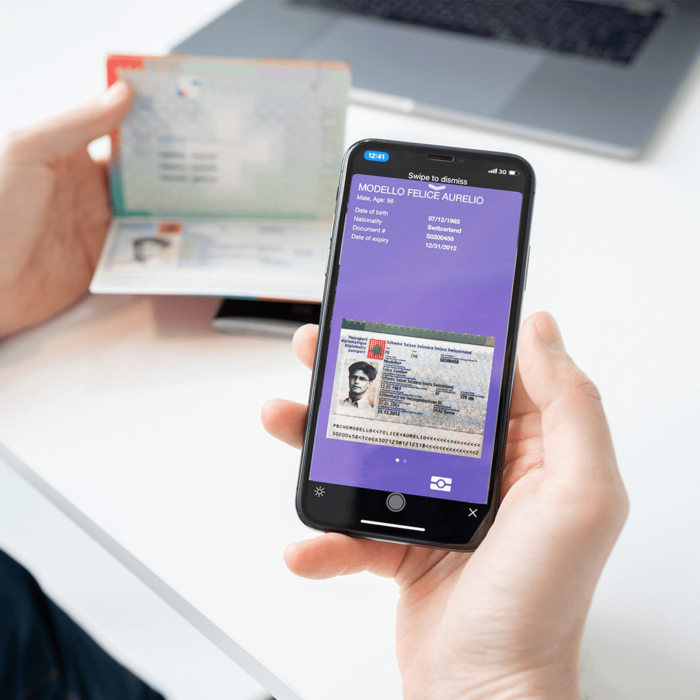Contents
Lacking unified standards and architectures has led to a disjointed data system in the healthcare sector. As a result, many experts have pointed to a critical solution: Blockchain-based medical data management platforms.
What is blockchain?
In simple words, blockchain is a distributed, decentralized digital database. A blockchain consists of connected data blocks arranged in chronological order. Each block has a unique identifier (hash) and the value of the previous hash. Once stored, the information becomes virtually immutable because if someone wants to modify one block, they have to change all the blocks that follow.
The application of blockchain in the medical field presents two critical improvements: the unification of patient data and greater information security.

Blockchain addresses the sector’s dire need for a unified database
Nowadays, there is an increasing amount of health data. Input may come from records of physicians, pharmacies, hospitals, or personal smart devices. On the contrary, the currently employed infrastructure seems unable to keep up with such changes. Almost all the information is fragmented and stored within segregated systems.
This reality prevents healthcare providers from ensuring optimal service quality. An incomplete picture of a patient’s health delays care delivery, and the outcomes may not be desirable.
Many companies have introduced blockchain solutions in the form of digital, patient-centric medical records. Existing electronic medical record software, from wearables and mobile applications, provide data. They also could be uploaded by health providers, such as a physician or a pharmacist.
The information is then “enriched,” which means it will be verified for authenticity, time-stamped, and secured before being stored under a patient’s unique key. The technology’s decentralized nature supports a united health data ecosystem, becoming a platform for developing many digital health applications and services.
The overarching view that blockchain facilitates will massively improve care quality. An up-to-date, holistic understanding of an individual leads to faster, more accurate diagnoses and prescriptions, as well as highly personalized health plans.
For example, as many healthcare professionals aspire to a global Covid-19 vaccination rollout, the program could receive enormous assistance from the blockchain. A universally referenced electronic health record would ensure the correct type and dosage wherever the person gets the vaccine. On a larger scale, the idea of “vaccine passports” can benefit from blockchain technology as well. Subsequently, the vaccination record can verify whether they are eligible to enter another country.
Prioritizing privacy
A widely accessible data system frightens a lot of patients. However, they can rest assured when learning that one key advantage of blockchain is more robust data protection.
First, blockchain has a decentralized nature. It means power is distributed to participants to manage their transactions, instead of a central authority that governs the entire ecosystem.

In healthcare, patients can choose when and who they allow access to their information. For instance, a blockchain-based medical application requires doctors or physicians to scan patients’ QR codes before seeing their information. This empowerment will happen in a physician-patient setting and commercial uses, such as when a manufacturer uses people’s data for their research.
Second, the employment of blockchain will reduce the risk of data breaches. As mentioned above, hash functions connect data blocks. The security of this technology rests precisely on this link. To be more specific, if a hacker wants to manipulate the data in one block, he will have to tamper with all the other blocks, which is virtually infeasible. Besides, this means that the participants within the network will immediately be alerted if there are changes.
For instance, a report by Deloitte pointed out that if a data block were to be changed, 51% of the network’s participants would have to approve the action because all the copies within that system would have to be adjusted accordingly.
Read more: How blockchain can improve efficiency in Global Logistics and Supply Chain (with specific cases)
Closing thoughts
Blockchain may have a transformative impact on the healthcare sector by changing how health information is shared and stored. Hence, it is fundamental to help us achieve the tremendous general vision of better healthcare.
GEM Corporation is a leading IT service provider who empowers its business clients in their digital transformation journey. Based in Hanoi, Vietnam, GEM is characterized by competent human resources, extensive and highly adaptive techstack, and excellent ISO-certified and CMMi-based delivery process. GEM, therefore, has been trusted by both start-ups and large corporations from many global markets across different domains.
Don’t miss our latest updates and events – Follow us on Facebook and LinkedIn!





